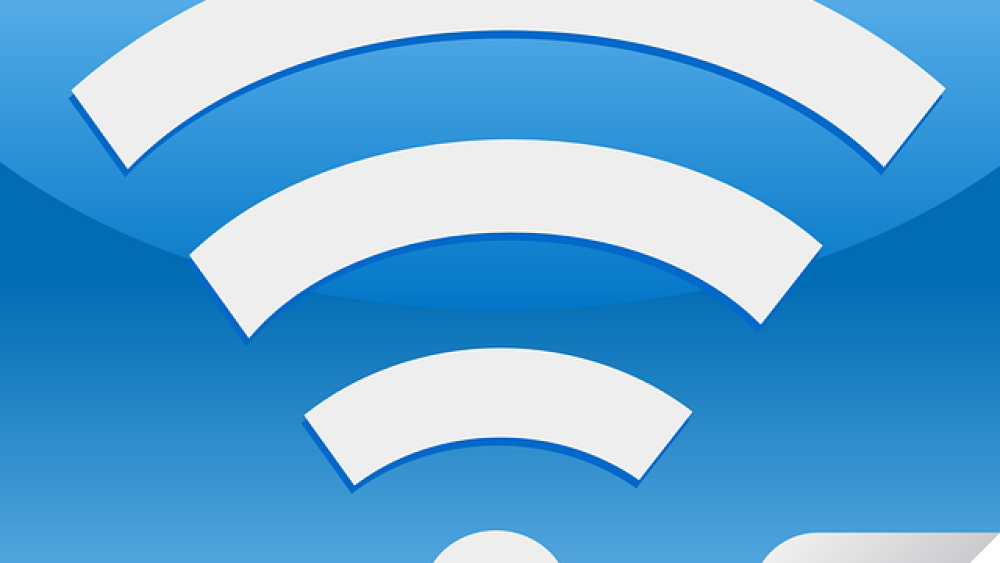Innovative teams that can answer the question: ‘How do you connect the unconnected?’ can enter the National Science Foundation’s (NSF) Wireless Innovations for a Networked Society (WINS) Challenges and get seed funding to develop their prototypes.
According to NSF’s partner Mozilla, a lack of Internet access is far more than an inconvenience in the 21st Century — it’s a staggering disadvantage. About 10 percent of the U.S. population -- some 34 million people lack Internet access. In rural areas, about 39 percent lack access. On tribal lands, it’s nearly half of all residents.
But when disasters strike, even the millions with daily Internet access suddenly lose connectivity right when they likely need wireless access to maps and messaging applications the most.
While WINS main goal is to spark innovation in wireless technologies that connect communities and get people online after disasters, NSF and Mozilla are working to broaden the dialogue around access and strengthen the network of Internet access problem solvers.
Two challenges each offer $1 million in prizes.
The Wireless Contest
Applicants will be expected to design the hardware and the software applications on top of that network. There will be first, second and third place prizes, along with seven honorable mentions. Prizes will be announced in January 2018 and will range from $10,000 to $60,000.
The second phase of the wireless challenges require working prototypes. The four prizes for WINS’ final stage range from $50,000 to $400,000, and will be announced in August 2018.
The Off-The-Grid Internet Challenge seeks wireless solutions for communication that can be rapidly deployed in post-disaster situations where Internet access is unavailable or compromised.
Projects should be portable, easy to power and simple to access. On its blog, Mozilla offered a few examples of decentralized Internet access innovations:
A portable pack containing a computer, battery and WiFi router that accesses map resources and messaging applications on the computer’s hard drive.
The Smart-Community Networks Challenge seeks wireless solutions for communication that can be built on top of existing infrastructure to enhance Internet connectivity in communities that need greater access.
Mozilla said winning projects would securely cover a high number of users through robust bandwidth over a far-reaching range. An example is a neighborhood wireless network where nodes are housed and draw power from old payphone booths.
Intent to apply letters must be submitted by October 15, 2017, and designs are due in November.
Learn more about WINS and judging criteria on the competition website.



